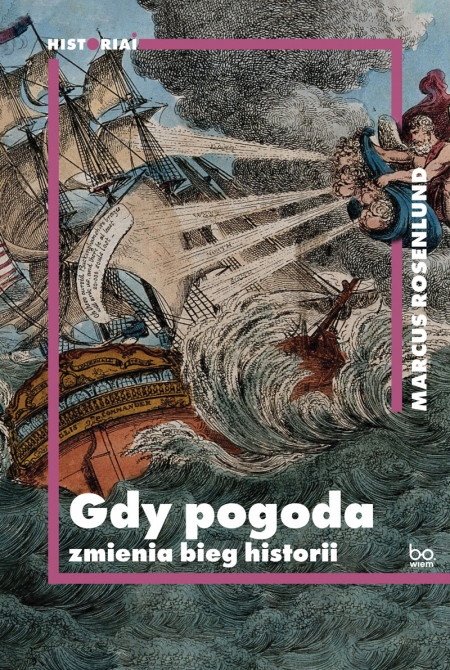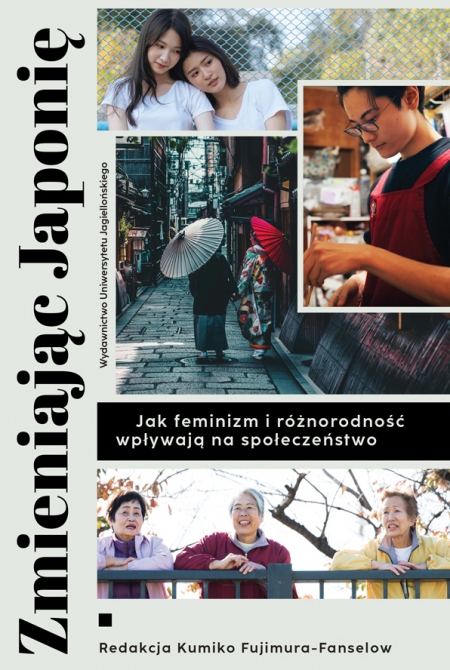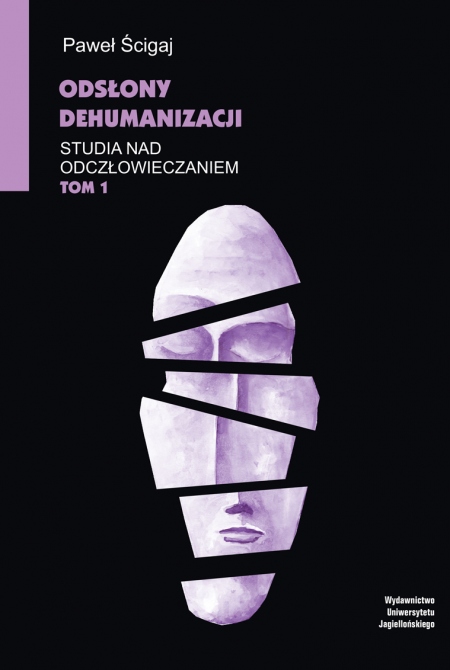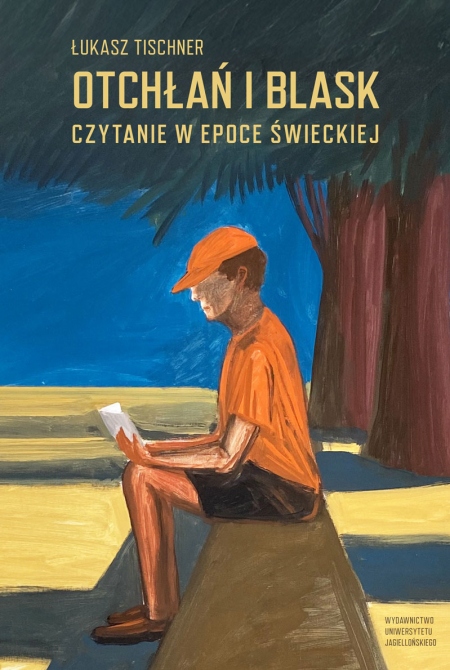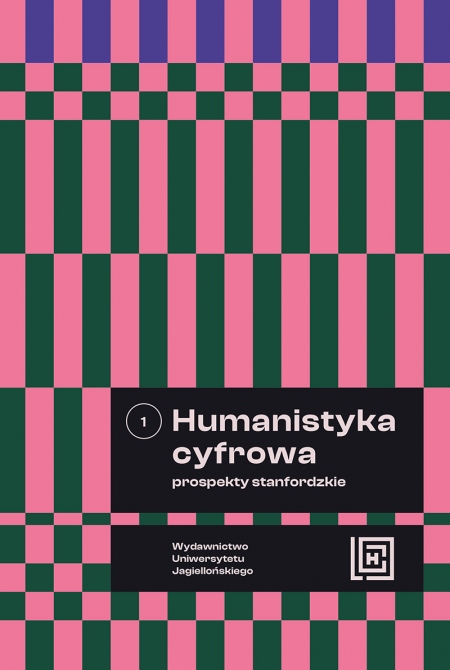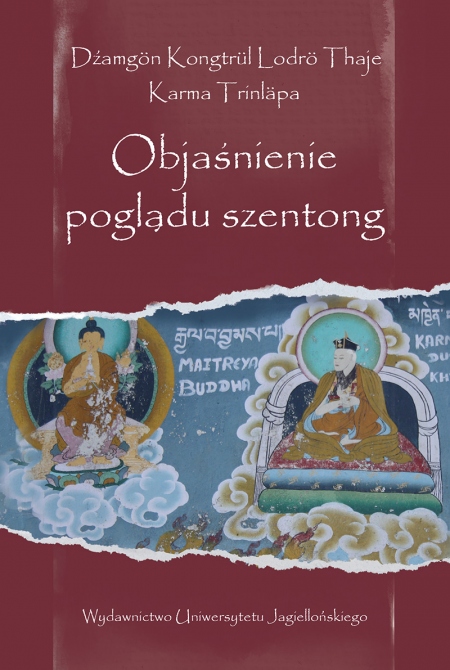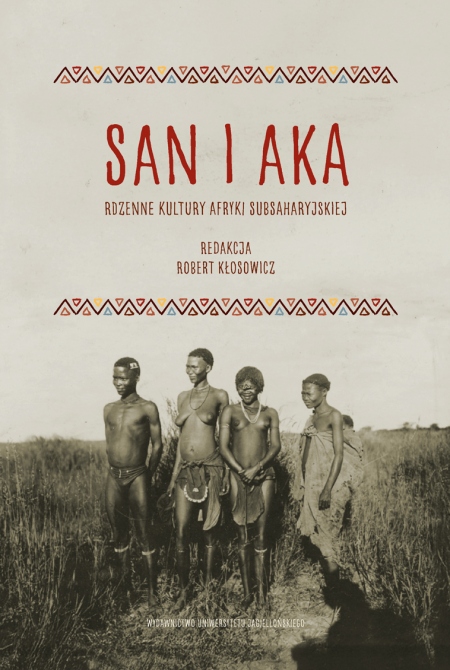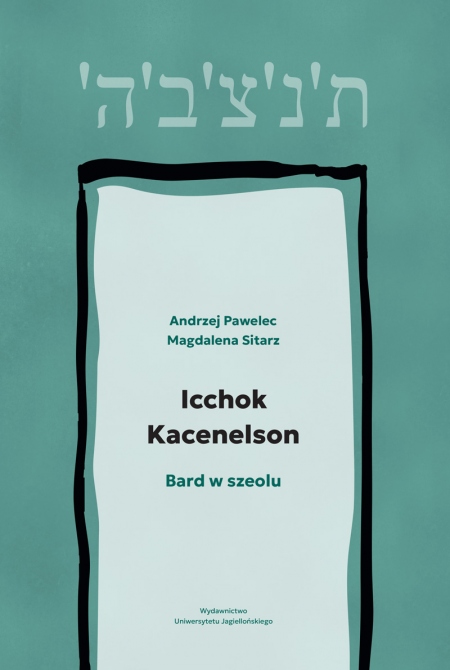
Icchok Kacenelson
Bard w Szeolu
Pages: 222
Book format: 15,8 x 23,5 cm
Publication date: 2025
Release date: 13.06.2025
E-book publication date: 23.06.2025
Book description
Yitzhok Katzenelson is best known as the author of one work: Dos lid fun oysgehargetn yidishn folk (Song of the murdered Jewish people), which belongs to the canon of literary testimonies of the Shoa. This 900-verse Song was written in the internment camp in Vittel in France, where the poet spent the last year of his life. After being deported to the transit camp in Drancy, he was taken to Auschwitz, where, immediately after selection, he died in the gas chamber together with his eldest son. The Song is also an “Epitaph”: a unique tombstone for the murdered European Jews. It is no coincidence that a reference to the poem was placed on the monument to the Victims of the Ghetto in Lublin: “in every handful of ash I seek my loved ones”. With this “last funeral song of the last of the last Jews”, Katzenelson connected his personal history with the history of the Jewish nation, paying tribute to the murdered and at the same time speaking on their behalf.
This work is the first of three planned volumes devoted to the Song. Their aim is to summarize the project of two authors: a Yiddish and German philologist, and an English and translation scholar. Our collaboration began during discussions about the German translation of the poem by Wolf Biermann, a German bard and poet. His translation in 1994 is the most important turning point in the history of the world reception of “Epitaph”. The work, in which the author wrote about the German nation that it as a whole “is not worth a single tear of a desperate Jewish child”, became a cultural and political event in Germany.
The aim of this first volume is to outline the path at the end of which Yitzchok Katzenelson took on the role of the bard of the murdered Jewish nation, and at the same time an elegist of Yiddishland. This work is essentially preliminary in nature, preparing the ground for a more comprehensive analysis of the translations of “Epitaph”. In the next volume, we would like to supplement the context of the conversation about the translations of Dos lid… with a philological dimension concerning the language and form of the original and its fate after the war, including the history of the text’s reception in other languages.
This work is the first of three planned volumes devoted to the Song. Their aim is to summarize the project of two authors: a Yiddish and German philologist, and an English and translation scholar. Our collaboration began during discussions about the German translation of the poem by Wolf Biermann, a German bard and poet. His translation in 1994 is the most important turning point in the history of the world reception of “Epitaph”. The work, in which the author wrote about the German nation that it as a whole “is not worth a single tear of a desperate Jewish child”, became a cultural and political event in Germany.
The aim of this first volume is to outline the path at the end of which Yitzchok Katzenelson took on the role of the bard of the murdered Jewish nation, and at the same time an elegist of Yiddishland. This work is essentially preliminary in nature, preparing the ground for a more comprehensive analysis of the translations of “Epitaph”. In the next volume, we would like to supplement the context of the conversation about the translations of Dos lid… with a philological dimension concerning the language and form of the original and its fate after the war, including the history of the text’s reception in other languages.
Language
Polish
Title in English
Yitzchok Katzenelson. The Bard in Sheol
Edition
first
Authors
Andrzej Pawelec
 , Magdalena Sitarz
, Magdalena Sitarz

ISBN: 978-83-233-5521-2
e-ISBN (pdf): 978-83-233-7689-7
Country of producer: Poland
RECOMMENDED BOOKS
NEW BOOKS

Choose chapters to buy:
Order value:
0.00 zł

